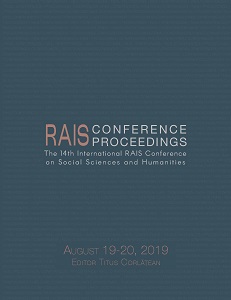The Effectiveness of Administrative Consolidation Processes in Urban Functional Areas
The Effectiveness of Administrative Consolidation Processes in Urban Functional Areas
Case Studies from Poland and the USA
Author(s): Marian Kachniarz, Zbigniew Piepiora
Subject(s): Public Administration, Rural and urban sociology
Published by: Scientia Moralitas Research Institute
Keywords: urban functional area; administrative consolidation; public services; inter-communal cooperation;
Summary/Abstract: Urban functional areas usually extend beyond the city's administrative boundaries. As a result, there is a problem of coordinating effective public service provision between the city and its suburbs. A review of world experience shows that two institutional solutions are usually applied here – intercommunal cooperation or adaptation of administrative borders to the scope of the functional zone. However, the studies so far have not provided an answer as to which method is more effective. The objective of the paper is to compare the processes of adapting administrative borders to urban functional areas. The hypothesis was formulated that uniform management of the entire functional area favors effectiveness and institutional sustainability of public service provision. Princeton in the USA and Lubin in Poland were selected as case studies. Princeton is an example of successful administrative consolidation of the city with the surrounding rural commune, while in Lubin, unfortunately, such a project was not implemented. In the conclusion was found that inter-communal cooperation does not provide sustainable solutions and is exposed to cadenza changes of decision-makers. The most effective seems to be the consolidation of individuals, but its success depends on a very well prepared and transparent procedure.
Book: Proceedings of the 14th International RAIS Conference on Social Sciences and Humanities
- Page Range: 40-47
- Page Count: 8
- Publication Year: 2019
- Language: English
- Content File-PDF

